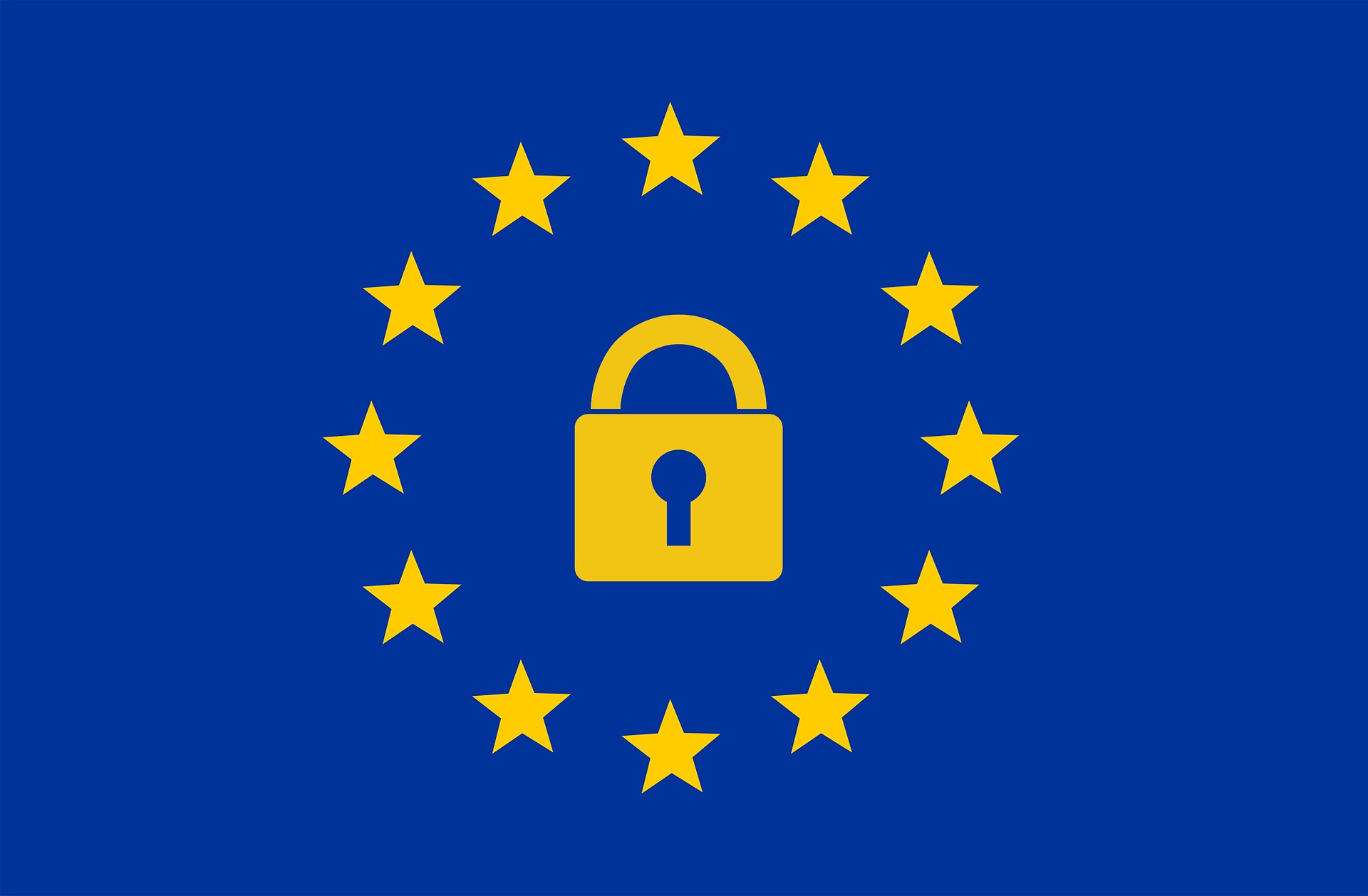5 Reasons Direct Mail Will Help You Get Through The GDPR Transition
News | Marketing | Offline Marketing | Online Marketing | Direct Mail
Direct marketing is a great way to reach new customers, keep existing customers engaged with your brand, and drive sales. In fact, a full sixty-six percent of customers make a purchase as a result of email marketing, ninety-two percent of shoppers say that they prefer direct mail when making purchasing decisions, and sixty-eight percent of B2B sales involve human interaction such as telemarketing.
It's safe to say that no marketing strategy is complete without some form of direct marketing. But as you probably already know, the new General Data Protection Regulation (GDPR) has drastically changed the way direct marketing works.
The GDPR is a European law that imposes much stricter regulations on how companies treat consumer data. It came into full effect across the EU on May 25th, forcing any company that does business in Europe to change the way that it collects, stores, and uses consumer data. It's the reason why every website and app that you use has updated its privacy agreement in the last month. Not located in the EU? The GDPR will still affect your U.S.-based business.
Since data is at the very heart of every form of direct marketing, the transition under GDPR is especially hard on companies' marketing efforts. The law's policies on consumer consent make email and phone marketing inaccessible to companies until they learn to adapt and severely limit their capabilities indefinitely.
Luckily, direct mail is largely exempt from the new law, meaning you can continue to reach the vast majority of consumers with minimal changes to how you operate. How can direct mail help you maintain your marketing strategy while you learn to cope with the GDPR?
1) You Don't Need Explicit Permission
Unlike email and telephone marketing, direct mail does not require that the recipient opt-in to be contacted by your company, despite the GDPR’s strict consent policies.
According to the GDPR, recipients have to give or affirm a clear and explicit statement of consent and consent has to be given for each separate form of communication. Consent must be acquired through positive opt-in as well, so you cannot use pre-checked boxes or other tricks that might have worked in the past. You can't just add the consent request to your standard licensing agreement either; it has to be separate from any other terms and conditions.
The headache isn't over once you obtain consent. Marketers have to keep consent under review and refresh it with any changes and they also have to provide guidance for how recipients can easily withdraw their consent at any time.
2) You Only Need to Prove Legitimate Interest
According to the ICO, direct mail marketers can rely on the standard of legitimate interest instead of that of consent so long as they can show that their use of people's data “is proportionate, has a minimal privacy impact, and people would not be surprised or likely to object.”
So how do you know if direct mail to a consumer meets the requirements of legitimate interest? Luckily, the standard is much more forgiving than the GDPR's consent policy. In fact, the ICO calls it the most flexible lawful basis for data processing.
We will explore how to make sure that your direct mail campaign is GDPR-compliant in upcoming articles, but the basics are that you need to show that you have a business interest in contacting them that is significant enough to outweigh any imposition on the consumer's interests. This means that you can increase your compliance by targeting people who have a proven interest in your field or are a proven market for your product.
Learn how to get started automating direct mail efforts and drive more traffic to your online content.
3) There Are Even Fewer Restrictions Sending Direct Mail to Corporations
There are absolutely no new restrictions on sending direct mail to businesses or corporate entities. It is still true that individuals at those businesses must be allowed to opt-out of receiving your mailings. However, businesses themselves cannot opt-out of direct mail; the ICO suggests keeping a list of companies that opt out as a business best practice but does not mandate it.
Why does this matter? Because you can only call businesses that opt-in to being called by your company following the same strict rules for active consent that apply to individuals. Since sixty-eight percent of B2B sales involve personal interaction such as telemarketing, the GDPR is likely to severely limit your efforts to sell to corporations. Direct mail can help you establish connections during the transition.
4) Direct Mail is An Effective Marketing Strategy
Even before the GDPR hindered email and phone marketing, direct mail was a vital part of a healthy marketing portfolio. Direct mail has a median ROI of twenty-nine percent. What's more, a whopping seventy-three percent of customers say that they prefer direct mail as an advertising method.
Digital marketing has been becoming saturated in the last few years – meaning it's increasingly hard to stand out from the crowd using email marketing or display advertising. That's why direct mail has a response rate that is more than thirty times higher than the response rate to emails.
And if you're worried that it can be hard to use physical mail to drive website traffic, fear no more. Seventy-eight percent of consumers visit a company's website or search for a business online after they receive direct mail from that company.
Not to mention you can include unique links on your direct mail to track the success of your campaigns and direct customers to pages with coupons or free content to drive them farther along the sales funnel. Which brings us to the last advantage to using direct mail under the GDPR.
5) Direct Mail Can Be Used to Get Permission for Email and Phone Marketing
Remember how strict the GDPR's standards are on gaining consent for other forms of direct marketing? You might be able to get your existing users to agree to a request for consent as part of your updated terms and conditions but how can you possibly get consumers who are not already customers to agree to receive emails or phone calls, and do so in a way that meets the GDPR's standards?
That's where direct mail can really help your transition to the GDPR. Effective direct mail already merges physical marketing with digital marketing; using unique links to track the effectiveness of campaigns and specialized landing pages featuring offers for direct mail recipients.
Simply adding a request for consent to your normal direct mail landing pages could give you a huge head start on rebuilding your email and phone lists. Just require recipients to give permission for direct marketing before downloading your free ebook, registering for your webinar, or getting a discount code.
We have clients and prospective clients approach us here at Enthusem with very specific needs for GDPR in mind. They have lists of contacts that they flat out just can’t email anymore and are looking to use our direct mail automation platform to capture attention offline and deliver the content they intended to deliver via email. While online, they collect a hard opt-in so they can email these contacts in the future.
The Takeaway.
The GDPR has drastically changed the way that companies have to handle consumer data, and as a result has made email and phone marketing a lot more difficult. But direct mail is largely exempt from the law's new restrictions and provides an effective marketing solution during the transition. Best of all, it can actually speed up the recovery of your email and telemarketing campaigns.
Keep an eye out in the coming weeks as we explore more aspects of the GDPR and direct mail.
Note: we are not attorneys nor are providing legal counsel. If you have questions about how the GDPR affects your business and its marketing practices, please consult with your attorney.
Learn how to get started automating direct mail efforts and drive more traffic to your online content. Click below to download A Beginners Guide To Starting Automated Direct Mail.






